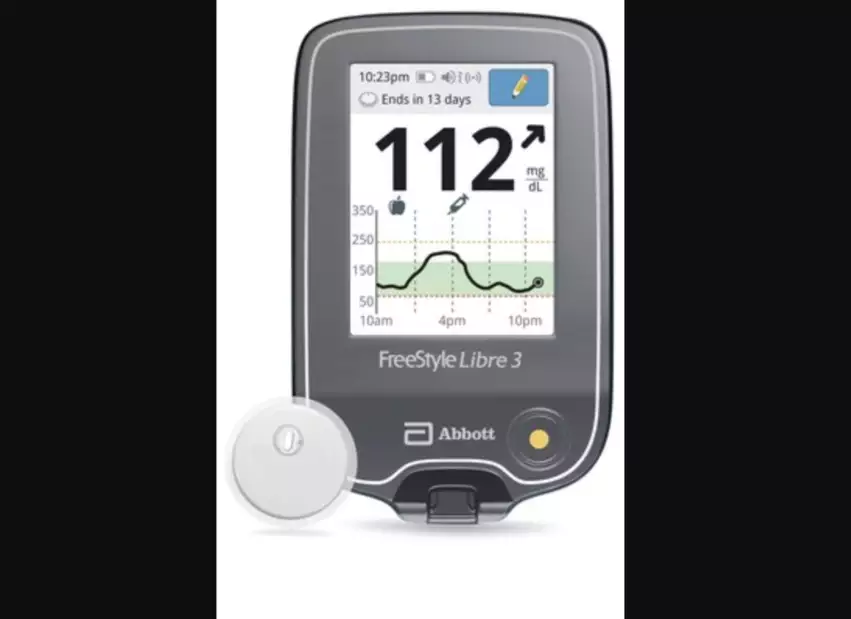Abbott awards $2.6M to American Diabetes Association for CGM research
Abbott and the American Diabetes Association have announced a new collaboration focused on studying how continuous glucose monitoring (CGM) systems can benefit the long-term health of diabetes patients.
Abbott has been a significant player in the diabetes market for many years now, developing the FreeStyle Libre 2 and 3 continuous glucose monitor (CGMs) and other solutions designed to help patients living with both type 1 and type 2 diabetes.
As part of this new collaboration, the company has awarded a three-year grant to the ADA worth $2.65 million. The ADA plans on using the grant to engage with “top healthcare professionals and key opinion leaders” and host roundtable discussions to evaluate how CGMs can potentially inform nutrition recommendation. Two pilot programs are also planned to help improve the ADA’s understanding of how consistent CGM use can impact the nutritional intake and dietary habits of patients with type 2 diabetes.
“What people with diabetes eat is a critical part of managing their diabetes,” Charles “Chuck” Henderson, CEO of the ADA, said in a prepared statement. “Personalized nutrition using CGMs has the potential to revolutionize diabetes management by providing individuals with more data and tools to manage their glucose levels, improve their quality of life, and reduce the risk of diabetes-related complications. The ADA is grateful to Abbott for its continued support of our mission to improve the lives of people impacted by diabetes.”
“We look forward to working with the ADA to gather further evidence to show how the technology we designed to be affordable and accessible can provide personalized insights t0 help people make informed decisions about their food and activity,” Robert B. Ford, chairman and CEO of Abbott, said in the same statement.
The new collaboration was announced during the ADA’s 83rd Scientific Sessions in San Diego. More details about that four-day event are available here.


